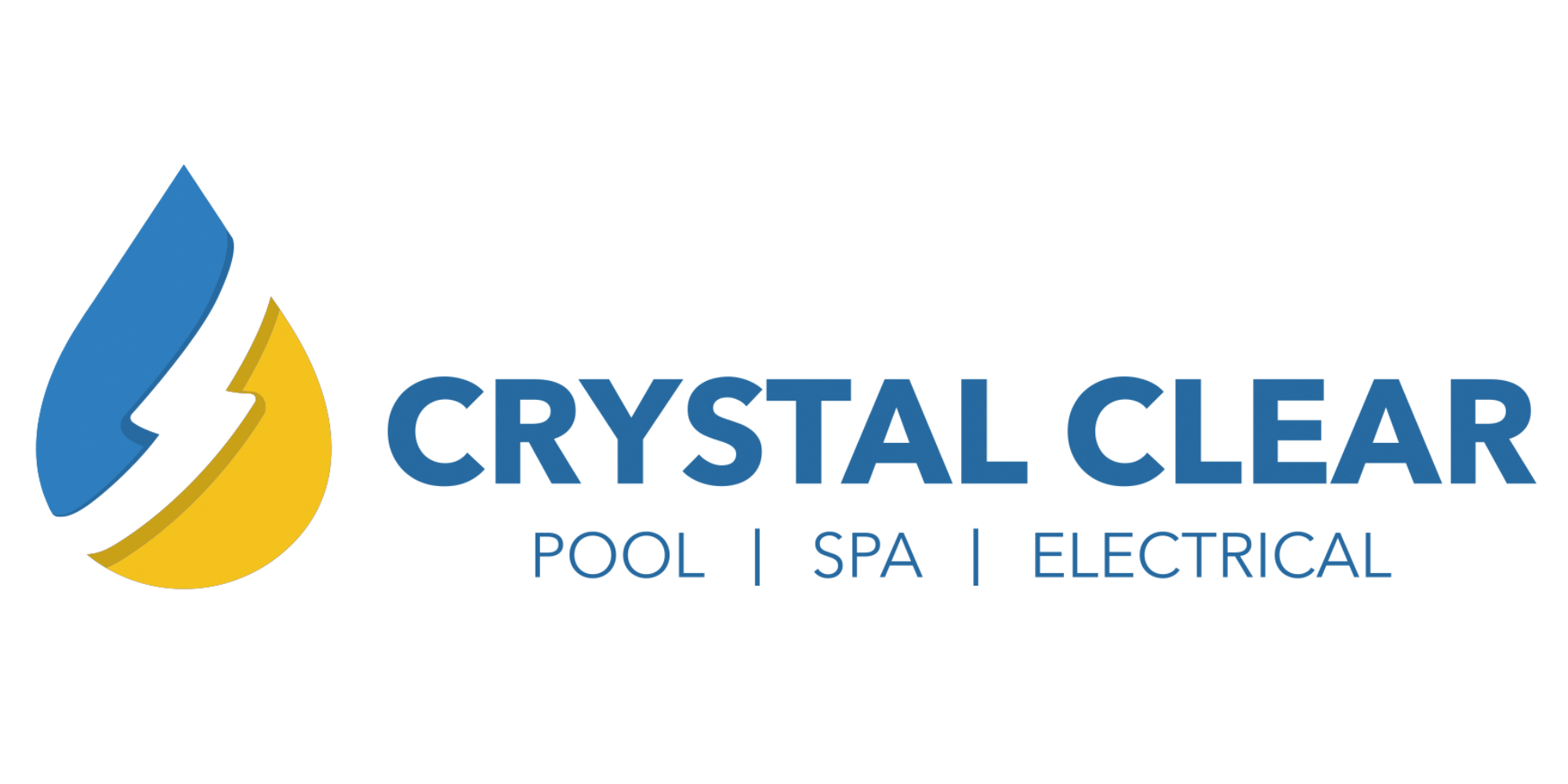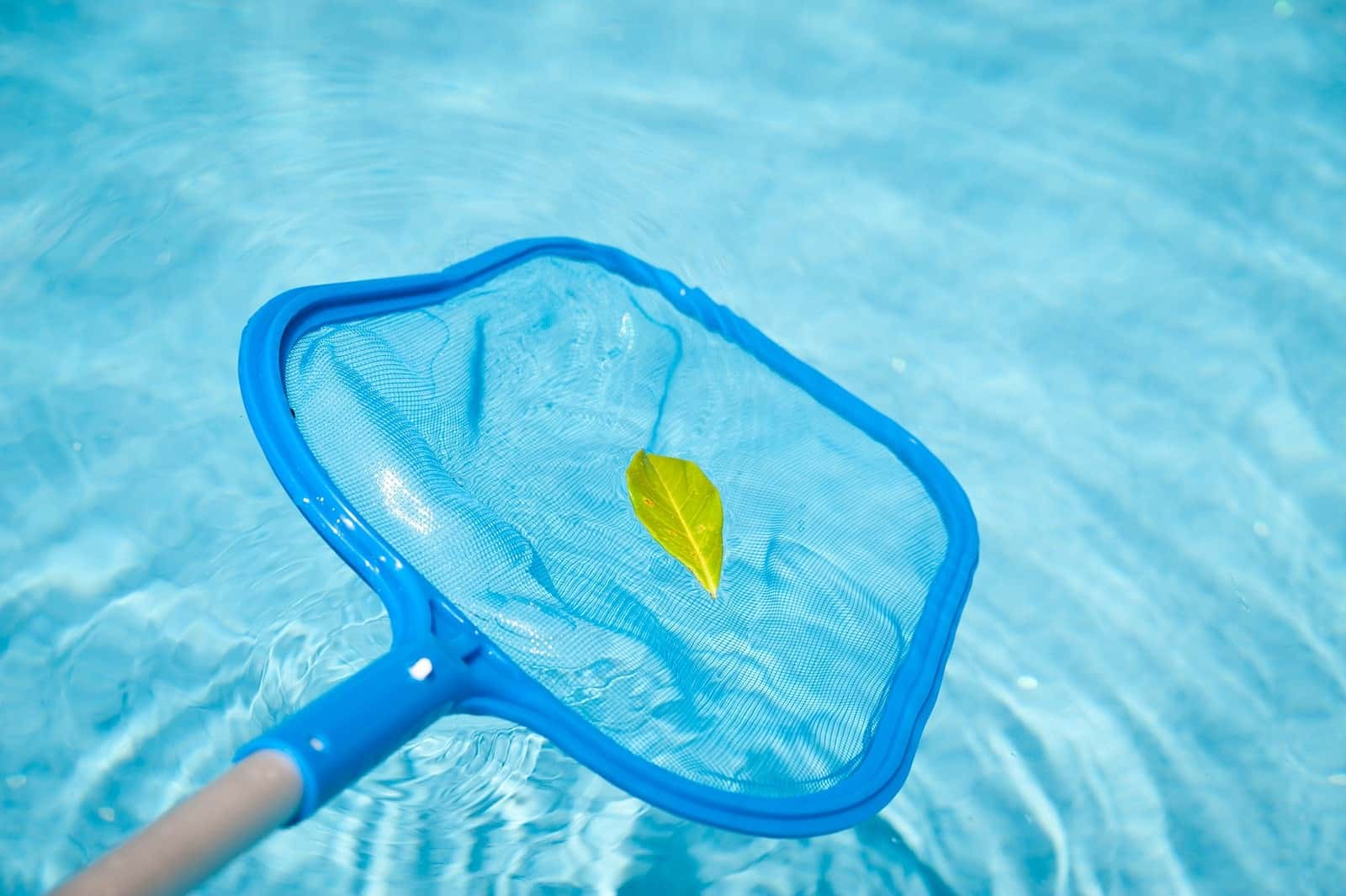Having your own pool can be a lot of fun. It’s a great way to let off some steam after a hectic day at work or bond with family and friends over the weekends. However, having a pool also requires proper maintenance to stay in top condition, no matter what time of the year. If you want to enjoy your swimming pool year round, you ought to know the proper maintenance, and buy pool chemicals for pool care.
Pool Parts – The Basics
For you to maintain your pool properly and keep it sparkling clean, you must know your basic pool parts and their functions. This helps you keep things running smoothly, and makes it easier for you to tackle issues when they occur. In general, your pool should include:
- Clean water – The water in your pool should remain clean, clear, and balanced, free from contaminants.
- Interior wall or liner – The walls of your pool should be clear of algae and mould.
- Filter system – The heart of the pool that cleans dirt, removes contaminants, and makes pool water swimmable.
- System of skimmers and returns – Skimmers pull water into the filter for cleaning, while the returns push back clean water into your pool.
Monitoring your pool
There are several things you should take note of to assess whether or not there’s an issue with your pool. It’s important to monitor it habitually as these can serve as vital signs to your pool’s health.
- Are the interior walls of your pool becoming weak?
- Is the in-floor cleaning system working correctly?
- Are the pool floors still visible and is the water clear?
- Is the drain at the bottom obstructed?
- Are there any abnormal odours?
If you see any signs of an issue, it’s likely already time to clean the filters to start maintaining your pool’s good and clean condition. Regular upkeep can save you from hazardous water contaminants, illnesses, and other costly repairs later on.
Pool Maintenance – Getting started
Effective pool care can be summarised in three parts: good circulation, proper cleaning, and balanced pool chemistry.
Proper circulation is key to healthy and safe swimming, and crystal clear waters. If you encounter murky water, it may be a sign of an algae infestation. It’s time to check whether your pump and filter systems are running properly to maximise circulation. Pool pumps are ideally run 24 hours a day, however, that’s not always realistic. Instead, a good 10 to 12 hours a day is recommended to keep your pools safe and clean.
Another way to ensure proper circulation is backwashing and cleaning your filter. Backwashing refers to reversing the flow of water through your filter and shoving dirty water and contaminants to the waste port, diverting them out of your pool. The method of cleaning and backwashing depend on the type of filter you have, but it’s important to learn what works, and make it a part of your pool care routine.
Proper cleaning is the next part of maintenance. When you have good circulation, you’ve essentially made the cleaning process much easier for yourself. Routinely cleaning your pool is essential, because the environment can bring upon outside contaminants into your pools. Plus, the bacteria from the people who use your pool will more often than not stay in your pool if you don’t properly clean it.
That’s why it’s important to skim, brush and vacuum your pool at least once a week. The basic tools you can use when cleaning your pool are a net skimmer, pool brush, and a pool vacuum. These tools will help keep debris and other bacteria out of your pool. You can also use specialty pool and spa products that are designed to effectively remove pesky stains and grime with minimum effort on your part.
Last but not least, you need to ensure your pool waters’ chemistry is balanced. For you to determine your pool water chemistry, you need a water testing kit so you can understand what’s in your water and how you can balance it. That said, the basics are:
- pH Levels – your pool’s water pH level determines whether it’s acidic or basic. Low levels mean that it’s acidic while high levels are basic. The ideal pH of your pool water should be between 7.4 to 7.6.
- Alkalinity – Alkaline works as a pH buffer and helps avoid huge spikes in pH levels. Alkalinity should be between 100 to 150 parts per million (ppm)
- Sanitizer levels – Sanitizer levels determine the amount of chlorine, bromine, etc. in your pool water. Proper levels largely depend on which sanitizer you choose.
When you’re done testing your pool water, you can start to add chemicals to tweak your water balance. Remember to follow instructions and to take note that temperature can also affect your swimming pool’s water chemistry. Pay more attention to your pool’s water chemistry during summer while temperatures are hotter, and make sure to add pool shock after a rainstorm.
Keep your pool swim-ready!
At Crystal Clear Pools, we help you keep your pool the best it can be. We offer a full range of services such as pool installations, repairs, replacement, and everything in between. For the best swimming pool maintenance NZ can find, call Crystal Clear Pool, Spa & Electrical. We provide quality pool maintenance and service for both our residential and commercial clients in Auckland. Reach out to us today!


